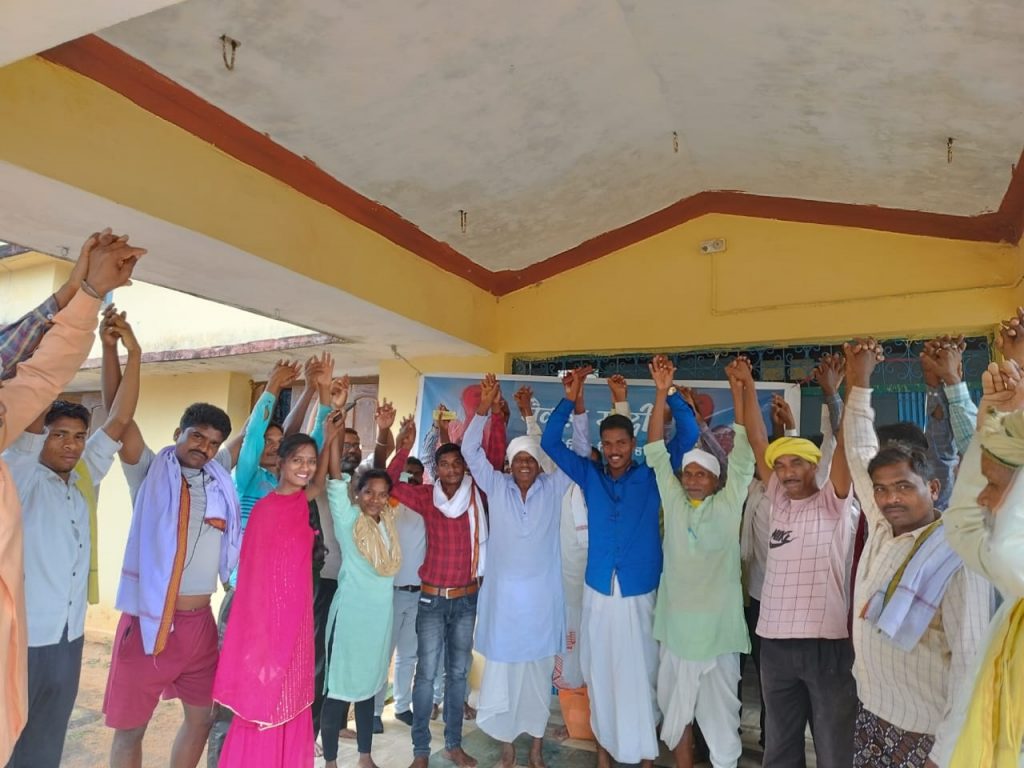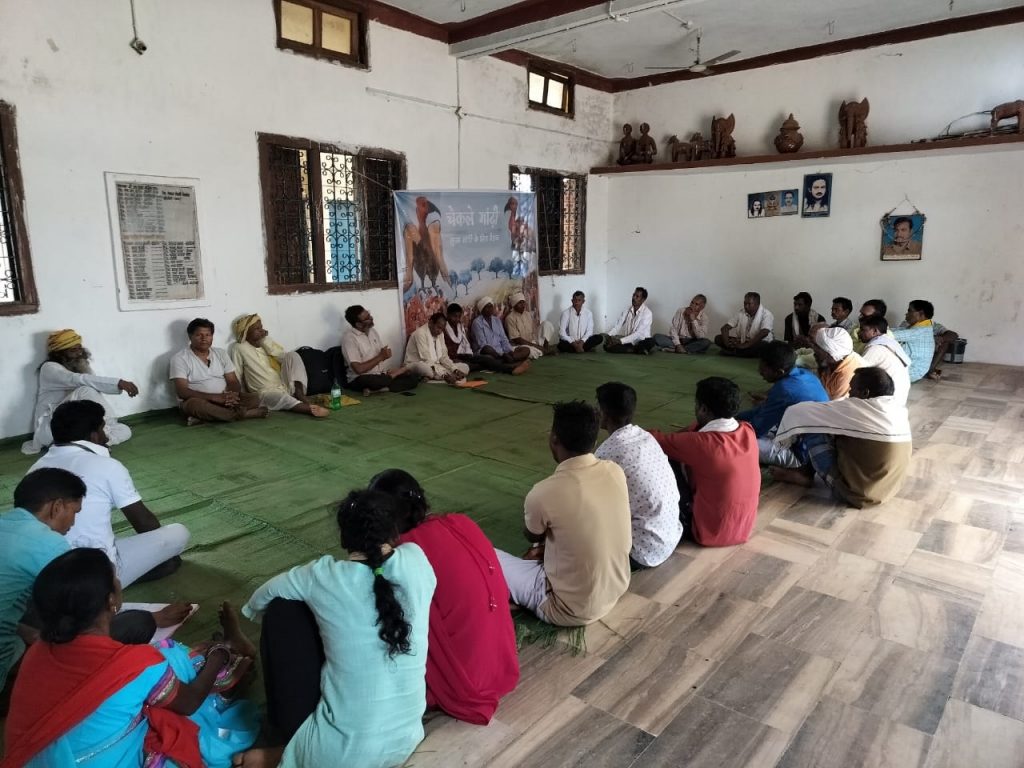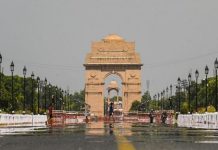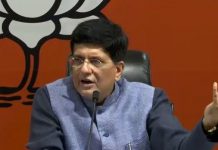
Across the Bastar region, activists take up cudgels for peace through Shanti Yatra even as the setting up of security camps and the opening up of mines have sparked spontaneous Adivasi protests at a number of places, writes Deepanwita Gita Niyogi
A peace march which started in March this year and concluded last month pushed for meaningful dialogue on ending violence in a trouble-torn region. Through a series of meetings organised in all the seven Maoist-affected districts of Bastar sub-division in Chhattisgarh, Chaikle Maandi, which stands for peace and prosperity in the Gondi language, urged people to come out and resolve their differences.
The initiative came at a time when Maoists have been finally democratising for the past one and a half years through the United Front strategy on the lines of Nepal. This means going the soft way on important issues. For instance, rather than directly opposing security camps in the interiors, the idea is to term these camps as illegal in Fifth Schedule areas having a vast tribal population.
In the light of this development, the Shanti Yatra conducted under the leadership of Raipur-based peace activist Shubhranshu Choudhary assumes significance. Choudhary informed that besides meetings which were organised in the Bastar region, Mohla-Manpur-Ambagarh Chowki district of Chhattisgarh, which shares border with Maharashtra, was also included. In the last few meetings, people passed a resolution for initiating a dialogue with Maoists. At the same time, they decided that the rebels would also be urged to consider Adivasi rights at a time when their identity is at stake. Many victims of conflict participated in these meetings.
“Chaikle Maandi started on March 15 from Awapalli village of Bijapur in the Bastar sub-division, a Maoist-impacted district, but no one turned up. Many people collected leaflets which were distributed but nobody assembled for any significant amount of time to start a dialogue. But things changed from the second meeting in Katekalyan in Dantewada district where around 30 people assembled,” Choudhary said.
Caught in the crossfire

Across Bastar, the setting up of security camps and the opening up of mines have resulted in Adivasi protests in a number of places. Sarva Adivasi Samaj vice-president of Bastar, Sarju Tekam has been leading these protests at a number of places.
“Violence isn’t what the common people of Bastar region want but Adivasis are being attacked day and night. People think if they are opposing camps then they must be either Maoists or their sympathisers. But since camps have been set up, people in the villages have lost their independence. They cannot move about freely and access forest produce for livelihood,” he said. Tekam added that the state government should support the peace process.
Data shared by the Chhattisgarh police shows that from 2019 to 2022, 1157 Naxal-related incidents took place in Bastar region in which 175 civilians lost their lives. A total of 117 security personnel were killed in attacks.
On his part, Choudhary pointed out towards the government’s complete silence over the ongoing violence in Chhattisgarh and the lack of efforts to end the deadlock. Along with Chaikle Maandi, the peach march also concentrated on a collection of Gondi words for a dictionary. This was supported by the state education department. Many people are working to safeguard the Gondi language as they feel that in the face of continued violence, many Gonds may not survive in the long run.
Masaram Kunjam, a resident of an interior village called Koriras in Dantewada district, took part in the peace process and attended the march for five days. “Everyone wants peace here but many don’t know how to go about it. I feel peace can come through meaningful talks only between the Maoists and the government. People are dying daily in the region and many become unnecessary targets of violence. It’s not at all true that all those who are opposing camps are Maoists. There have been instances where gram sabhas haven’t given permission, but camps have been opened nevertheless. In such cases people will protest.”
Aiming for a peaceful future
After Chaikle Maandi started, there was a brief break of about 15 days. Choudhary said it was resumed after receiving good response from many supporters. Shiv Kumar Patra, a resident of Kondagaon district and member of the Halba Adivasi Samaj, feels that peace efforts like this should be praised as in the long run these would yield positive results. Patra lists two main reasons for the protracted violence in this region. Many people lack good education and are low on awareness; and this is being turned into an advantage by the insurgents.
“There should be more attempts like this in this region to end violence. There is an ongoing conflict with the plunder of natural resources for development and ordinary villagers being labelled as informants. There is immense pressure from both sides on tribals,” Patra added.












